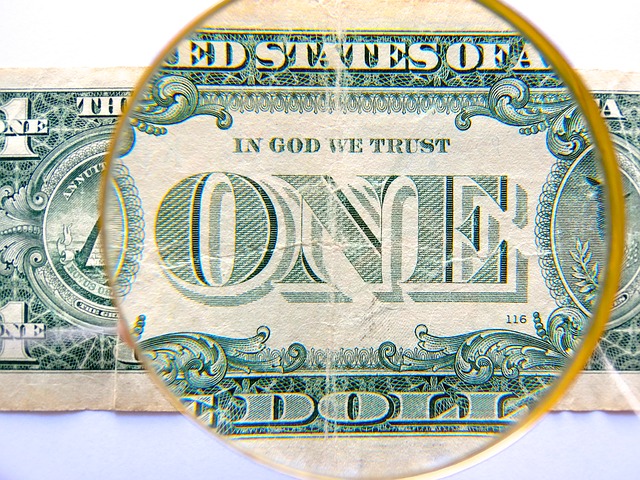
In God We Trust, Doesn’t Mean What You Think
- By Derek Welch --
- 05 Jun 2018 --

A Recent Court Case Demonstrates Complicated History Of Phrase
What is the power of a phrase? That was the question raised in a recent Federal court case by Kenneth Mayle. Mayle, an outspoken atheist, argued the motto “In God We Trust” on money violated the Free Exercise clause. By forcing him to use legal tender supporting a religion he disagrees with, it creates a form of state-sponsored religion.
In God We Trust Doesn’t Mean What You Think[/tweetthis]
The federal judge did not agree with Mayle, and the case was thrown out. But it does raise an important question: why do we have the phrase “in God we trust” on our money?
The phrase first appears in our national anthem, “and this is our motto: In God is our trust.” The motto was then used on money starting in 1864. Religious faith had increased due to the Civil War and the rise of secularism in different parts of the United States.
Modern dollar bills would begin to print the phrase in 1956. The Cold War created a necessity for nationalism. One of the differences between the Soviet Union and the United States was the support of religion. The United States attacked the Soviets as god-hating communists. Therefore, the phrase “in God we trust” was prominently displayed.
But the way it was introduced in currency hurt Mayle’s legal arguments. Politicians talked about using the motto as a way to respect the spiritual tradition of the United States. The federal judge ruled that the phrase was not a religious statement, but an attribution to the traditions of the country.
While this way seems like a semantic technicality, it is the truth. There is more support for the Free Masons on a dollar bill than God. Because money is not displayed publicly, but rather kept in you pocket, it does not represent a public display of government support for religion. There are other ways Mayle can pay for goods and services. Because he could use cards or electronic payment, this is not a government obligation for a private citizen.
Whether this applies in other situations, like the Pledge of Allegiance, is another matter. Mayle has promised to appeal the decision.


















